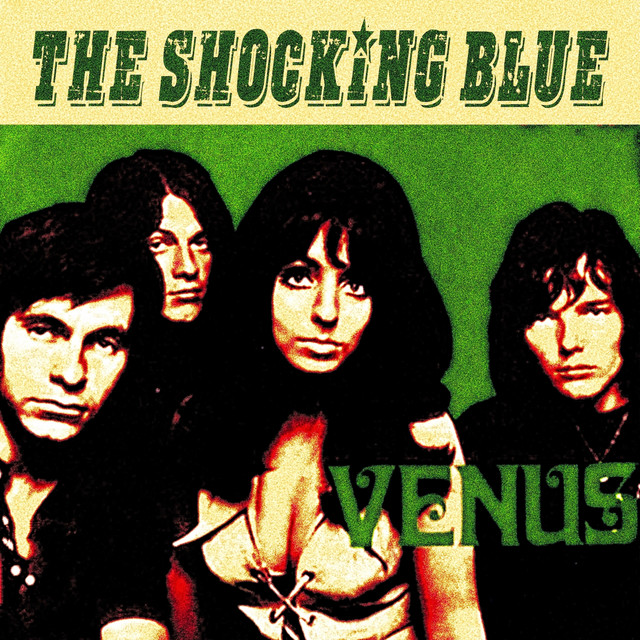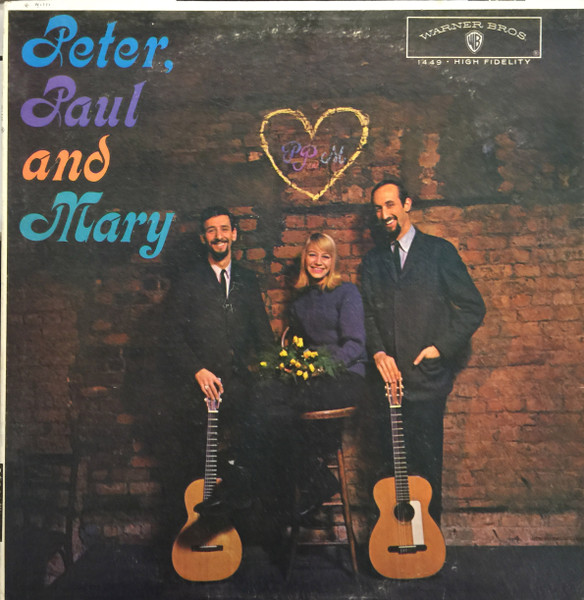 Janis Joplin didn’t just sing “Piece of My Heart”—she tore it from her body and hurled it into the microphone. Released in 1968 with her band Big Brother and the Holding Company, the song became a cultural detonation and a defining statement of one of the most electrifying vocalists to ever take a stage. The song was not originally hers; it had already been recorded by Erma Franklin the year before. But what Joplin did with it was transformative. She didn’t reinterpret it so much as reinvent it in her own image—ferocious, wounded, brazen, and impossibly vulnerable. “Piece of My Heart” wasn’t just a hit; it was a primal scream set to bluesy psychedelic rock, a battle cry of battered love that burned its way into the marrow of American music history.
Janis Joplin didn’t just sing “Piece of My Heart”—she tore it from her body and hurled it into the microphone. Released in 1968 with her band Big Brother and the Holding Company, the song became a cultural detonation and a defining statement of one of the most electrifying vocalists to ever take a stage. The song was not originally hers; it had already been recorded by Erma Franklin the year before. But what Joplin did with it was transformative. She didn’t reinterpret it so much as reinvent it in her own image—ferocious, wounded, brazen, and impossibly vulnerable. “Piece of My Heart” wasn’t just a hit; it was a primal scream set to bluesy psychedelic rock, a battle cry of battered love that burned its way into the marrow of American music history.
The late 1960s was a cultural volcano of sound and ideology, a time when the counterculture was at its peak and traditional gender roles were being challenged at every turn. Janis Joplin, the gravel-voiced outsider from Port Arthur, Texas, had arrived in San Francisco just as the scene was exploding. Her band, Big Brother and the Holding Company, was one of the pillars of the Haight-Ashbury psychedelic sound, but it was Joplin’s arrival that gave the group its soul. Her voice was raw and untamed, drawing as much from Bessie Smith and Big Mama Thornton as from the burgeoning rock of the era. By the time they released Cheap Thrills, the album that included “Piece of My Heart,” Joplin had already begun to eclipse the band that surrounded her. The spotlight didn’t just find her—it couldn’t look away.
“Piece of My Heart” begins with a steady, almost laid-back groove that gives no indication of the emotional detonation to come. It’s blues-rock at its core, but something in the arrangement feels like it’s holding its breath. And then Janis begins to sing, and the world changes. Her voice is not smooth or polished—thankfully. It’s cracked and weathered, brimming with pain and defiance, like someone trying to sing while their soul is being ripped apart. The lyrics—“Didn’t I make you feel like you were the only man?”—are a challenge, a plea, and an accusation all at once. She is both the wronged and the righteous, willing to give everything but furious about how little she’s received in return.
What makes the performance so unforgettable is how completely Joplin commits. She doesn’t sing the song; she inhabits it. Every line seems pulled from the pit of her stomach, every note a cry scraped from the walls of her heart. “Take another little piece of my heart now, baby!” isn’t a suggestion—it’s a dare. She is willing to be destroyed, if only the one she loves will care. But there’s bitterness beneath the sacrifice, a resentment that simmers under every shouted line. She knows she’s giving too much, and yet she can’t stop. It’s the classic push-pull of toxic love, rendered with the urgency of someone caught between masochism and survival.
Musically, the song is a perfect vehicle for that emotion. Big Brother and the Holding Company weren’t virtuosos in the traditional sense, but their rough, garage-band energy provided the ideal chaotic backdrop for Joplin’s firestorm of a voice. The guitar riff is jagged and insistent, and the rhythm section lurches forward like a drunken train, barely holding the song together—which makes it all the more thrilling. It’s not clean or tight; it’s volatile. Every moment feels like it might fall apart. That tension, that sense of impending collapse, mirrors the emotional unraveling in the lyrics. There’s no restraint here, no artifice. Just raw expression.
When Joplin finally hits the chorus with full force, it’s not just the emotional climax of the song—it’s a seismic event. Her voice cracks, bends, and screams as she pleads, wails, and defies. It’s musical catharsis of the highest order, and it doesn’t just ask to be felt—it demands it. The moment is so electric that it has become one of the most iconic vocal passages in all of rock history. No one before or since has sung those lines with such unfiltered intensity. Even live, when her voice was shot from touring and substance use, she would find a way to summon that fire. She had no other choice. For Joplin, music wasn’t performance—it was survival.
That’s what makes “Piece of My Heart” such a singular statement. It’s not just a love song. It’s a postmortem. It’s the sound of a woman whose love has been exploited, who’s been used up and discarded, and who is screaming at the top of her lungs about it. But instead of collapsing, she fights. She turns the pain into power. She offers yet another piece of herself—not out of weakness, but out of a fierce and defiant strength. There’s something deeply feminist about the performance, even if it wasn’t written as such. In a time when women were expected to be passive, accommodating, and quiet, Janis Joplin was anything but. She was loud, unapologetic, unruly, and heartbreakingly real.
The song’s success took Joplin to another level. It became the band’s biggest hit and helped catapult her into rock superstardom. But it also began to expose the cracks between her and Big Brother. Her talent was outgrowing the band, and critics began to suggest that her raw brilliance deserved a more refined musical setting. Eventually, she would leave the group to pursue a solo career, forming the Kozmic Blues Band and later the Full Tilt Boogie Band. Yet despite all the material she would go on to record, “Piece of My Heart” remained her signature track. It was the one that audiences waited for, the one that best captured her essence.
Over the decades, the song has been covered many times—by Faith Hill, Melissa Etheridge, and countless others. But none of those versions, no matter how technically proficient, can touch what Janis Joplin did. Because her version isn’t just a cover. It’s a possession. She took someone else’s song and bent it to her will, so completely that it became hers forever. Even Erma Franklin, who first recorded it, acknowledged the magnitude of what Janis had done with it. It was not a matter of better or worse—it was something entirely new. A soul song became a rock explosion, and a quiet ache became a roar.
Janis Joplin’s life was tragically short. She died in 1970 at the age of 27, joining the same macabre club as Jimi Hendrix, Jim Morrison, and later Kurt Cobain and Amy Winehouse. Her addiction, loneliness, and self-doubt are well documented, and they form part of the mythology that now surrounds her. But what too often gets lost in the myth is the sheer power of her artistry. She wasn’t great because she was tortured—she was great because she was fearless. Because she was willing to throw every part of herself into her music. Because she could take a song like “Piece of My Heart” and make it into something that didn’t just entertain—it wounded, healed, and revealed.
Today, the song remains a staple on classic rock radio, at karaoke nights, and in the hearts of anyone who’s ever loved too much and gotten burned. It speaks to something elemental. The feeling of giving and giving until you’ve got nothing left, of seeing your love turned into leverage, of screaming at the moon and hoping someone listens. And more than anything, it’s about the will to keep giving, not because it’s easy, but because that’s who you are. It’s about turning heartbreak into defiance, pain into performance.
There’s a moment in almost every live performance of the song when Joplin would arch her back, close her eyes, and release a scream so pure it seemed to bypass the microphone and go straight into the audience’s chest. That sound—more than any lyric or chord—was the essence of the song. It was grief and ecstasy fused into one piercing note. It was a declaration of being alive, no matter how much it hurt. That scream, and the voice behind it, has never left us.
“Piece of My Heart” endures because it doesn’t hide anything. It is completely, brutally honest. There’s no irony, no pose, no protective shell. It’s a song about being stripped bare and somehow still finding the strength to sing. And Janis Joplin didn’t just sing it—she bled it. She showed the world what it meant to feel everything, to hurt loudly, and to keep standing anyway. That’s why the song still resonates more than half a century later. It’s not just rock and roll. It’s a howl from the heart that never fades.


